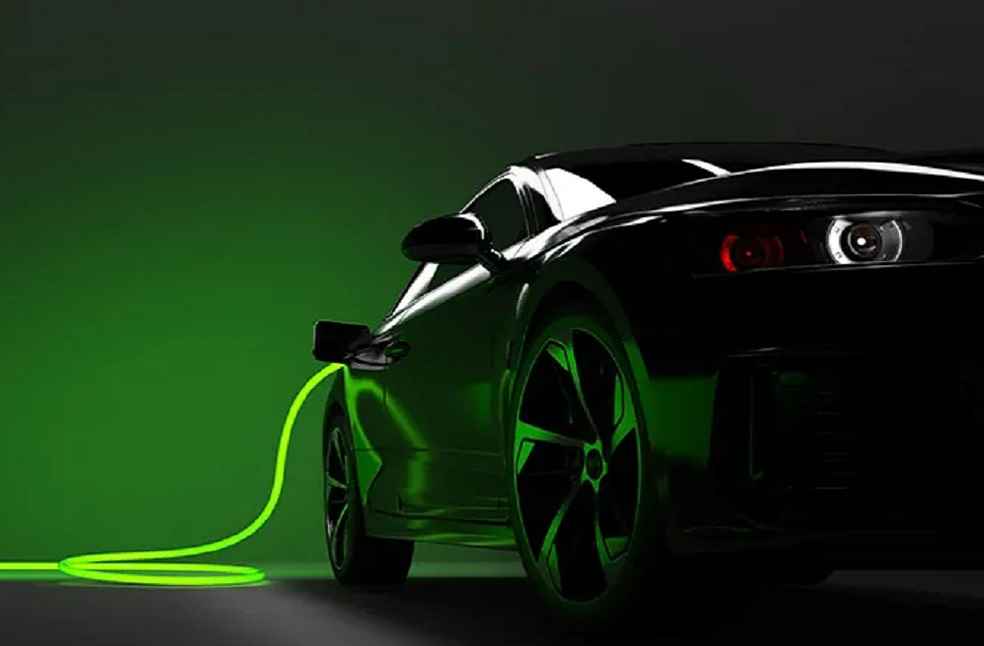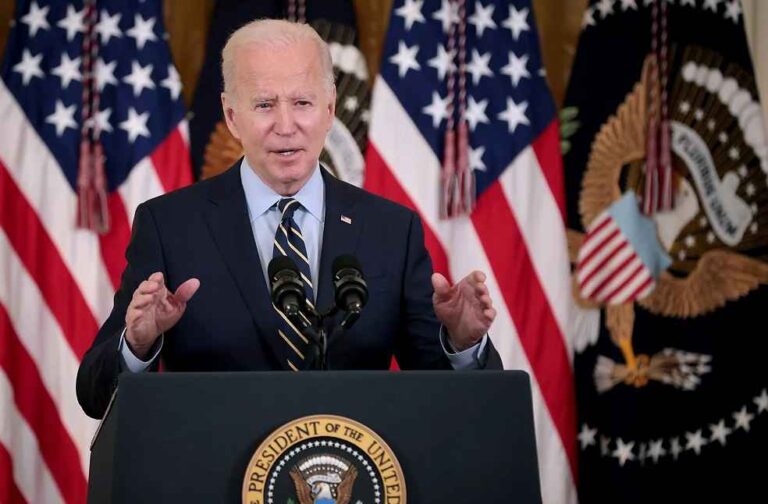The Biden administration has decisively advanced vehicle fuel mileage requirements, a strategic move aimed at transforming the American auto market toward predominantly electric and hybrid vehicles, thus targeting a significant reduction in pollution and climate change impacts.
Announced by the Transportation Department, the updated standards mandate passenger cars to reach an average fuel economy of 65 miles per gallon by 2031, up from the current 48.7 miles. Light trucks will see their efficiency requirements rise to 45 miles per gallon from 35.1 miles.

This regulatory enhancement follows closely on the heels of the Environmental Protection Agency’s (EPA) stringent tailpipe pollution limits set in April, poised to ensure a majority shift towards electric or hybrid vehicles by 2032. Additionally, the 2022 Inflation Reduction Act complements these measures with tax breaks for electric vehicle purchasers and significant investment in charging infrastructure and manufacturing capabilities, underpinning the U.S. commitment to an environmentally sustainable automotive future.
Despite the progressive agenda, these policies have stirred contention, particularly among Republicans. Former President Donald Trump, a critic of Biden’s climate initiatives, has oscillated between attacking and showing tentative support for electric vehicles, reflecting broader tensions over federal environmental mandates versus consumer autonomy.
Complicating international dynamics, China’s heavily subsidized auto industry continues to produce competitively priced electric vehicles, prompting the U.S. to impose a 100% tariff on Chinese auto imports to shield domestic manufacturers.

The dual thrust of the EPA and Transportation Department’s regulatory strategy, designed to significantly cut carbon emissions, braces for potential legal pushbacks but remains a cornerstone of the administration’s environmental policy.
This evolving narrative underscores a crucial period in U.S. policy, reflecting intense debates over the trajectory of the automotive industry, consumer preferences, and the broader quest for environmental sustainability.
GENERAL | London Revolutionized: Yunex Traffic’s UTC-UX System Goes Live Citywide





